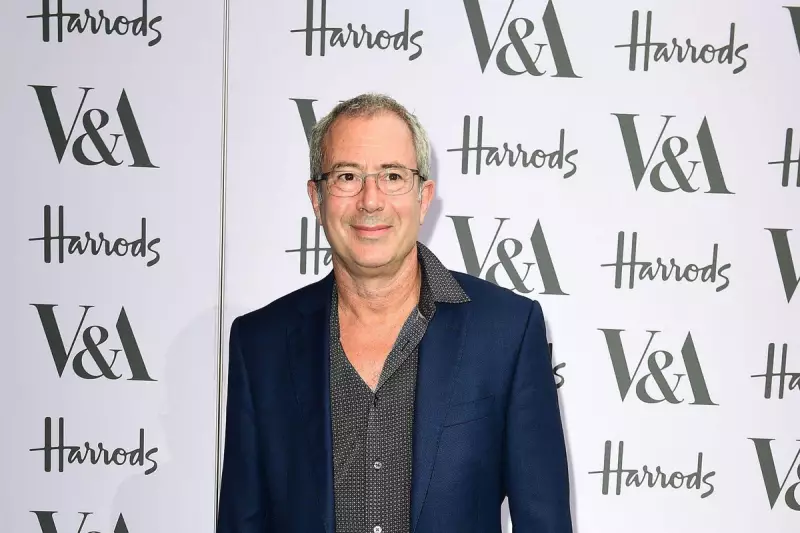
In a remarkable revelation that showcases his political evolution, celebrated comedian and writer Ben Elton has openly discussed his shifting perspectives on British political icons. The man once known for his sharp critiques of the establishment now finds himself defending historical figures he might have previously targeted.
From Radical Critic to Nuanced Defender
Elton, who rose to fame during the alternative comedy boom of the 1980s, was particularly vocal in his opposition to Margaret Thatcher's government. His early stand-up routines and writing frequently targeted the Conservative Prime Minister and her policies, establishing him as a voice of political dissent.
"I was very, very, very, very anti-Thatcher," Elton confessed in his recent interview. "I thought she was a deeply divisive figure and I think history has proved that she was."
The Churchill Conundrum
What makes Elton's political journey particularly fascinating is his current stance on Winston Churchill. In today's climate where historical figures face increasing scrutiny, Elton has found himself in the unexpected position of defending the wartime leader.
"I find myself quite often defending Churchill," Elton revealed. "When people want to say he was just a white supremacist, I go, 'Well, yeah, but he was also the man who stood up to the Nazis.'"
A More Complex Political Landscape
The comedian's reflections highlight how political perspectives can evolve with time and changing circumstances. Elton acknowledges that modern political discourse often lacks the nuance required to properly assess historical figures.
His comments come amid ongoing debates about how Britain remembers its historical leaders and whether contemporary standards should be applied to figures from different eras.
Legacy and Reflection
Elton's career spans decades of British political change, from the Thatcher era through to current political debates. His work with Richard Curtis on projects like Blackadder and his successful novels have consistently engaged with political themes, even as his perspectives have matured.
The interview provides rare insight into how one of Britain's most prominent political comedians views his own evolution and the changing nature of political commentary.






